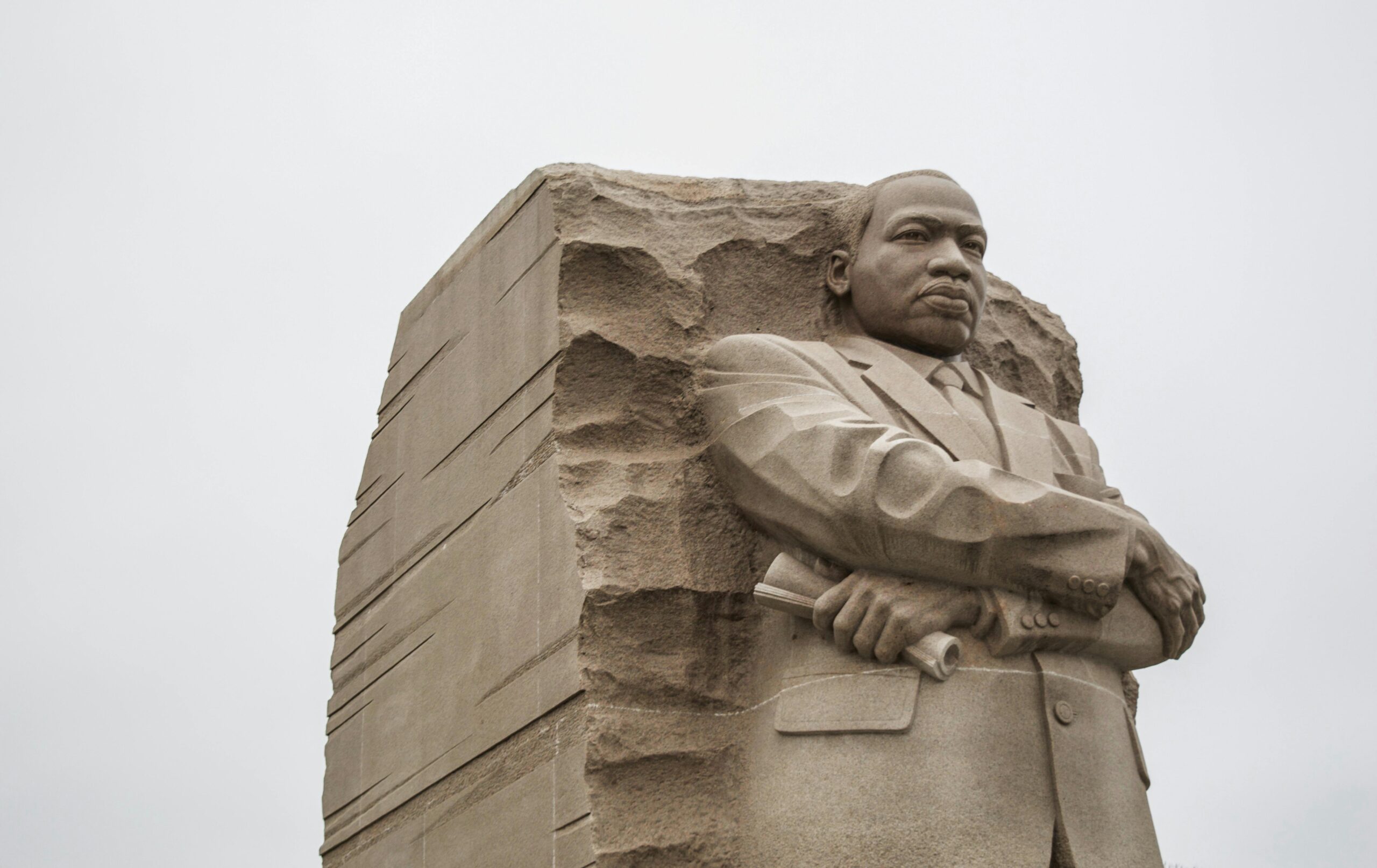Spoiler alert! I recently started watching Hulu’s The Handmaid’s Tale after continuing to hear rave reviews about the show. It is based on the dystopian novel by Margaret Atwood. I just started watching this weekend and am now caught up to season 2; it’s that good. It portrays a world in which fertility and birth rates have declined so drastically, that fertile women have been forced to serve as handmaids for powerful men. These men are considered to be morally superior and their wives are unable to become pregnant, so they have ceremonial intercourse with the handmaids and the babies are then given to the wives to raise children that will better humankind. In the society of Gilead, all women are subservient to men no matter their former role in life. Women no longer have the right to vote, read, write, own property, make money, or hold any position of status.
The most recent episode, “Women’s Work,” portrayed the illness of one of the babies born to a handmaid. The male physician had no other treatment options for the baby. An expert neonatologist resided in Gilead, but she was a woman who was no longer allowed to practice medicine and relegated to being a “Martha” in the society — a woman who is not fertile and forced to be a domestic servant. It was illegal to allow her to step out of her Martha role to examine the baby, but it was done in secret by the wife of a powerful man, who viewed these babies as Gilead’s most valuable resource.
The most touching and raw scene occurred when the Martha/neonatologist was in tears as she was reminded by the male physician of how renowned she was in her field and how much he respected her, while she was taking off her Martha uniform and getting dressed in medical garb. She was able to assess the child without missing a step but then had to return to her life as a Martha. Seeing the tears on her face and the immediate return of her skills after having medicine stripped from her, caused me to tear up.
I thought about the fact that although women physicians often have better outcomes, we are still paid 18 to 36 percent less than our male counterparts. This is a parallel to women physicians with more expertise not being allowed to practice in fictional Gilead. Her tears of joy from being allowed to practice again made me realize that as physicians, medicine is more than a career, it’s embedded in us. Even for those who leave medicine due to burnout, frustration, illness, or other reasons, being a physician never goes away.
As I read of more and more physician colleagues being terminated by health systems in favor of providers that are more cost-effective for the health system, I have wondered if I should still be part of a system that undervalues my years of education, residency, continuing medical education, board certification, maintenance of board certification, and immeasurable sacrifices for this privilege of being a physician. The state of medicine for many physicians is like a bad relationship, we love it more than it loves us. I love it enough to not let it go, even though some of my colleagues have had it taken from them. We should never be Marthas.
[author] [author_image timthumb=’on’]https://womeninwhitecoats.com/wp-content/uploads/2018/08/Users-512.png[/author_image] [author_info] Dr. Danielle Johnson is a psychiatrist and co-author of “The Chronicles of Women in White Coats.” Find her on IG and Twitter @drdanij.[/author_info] [/author]





